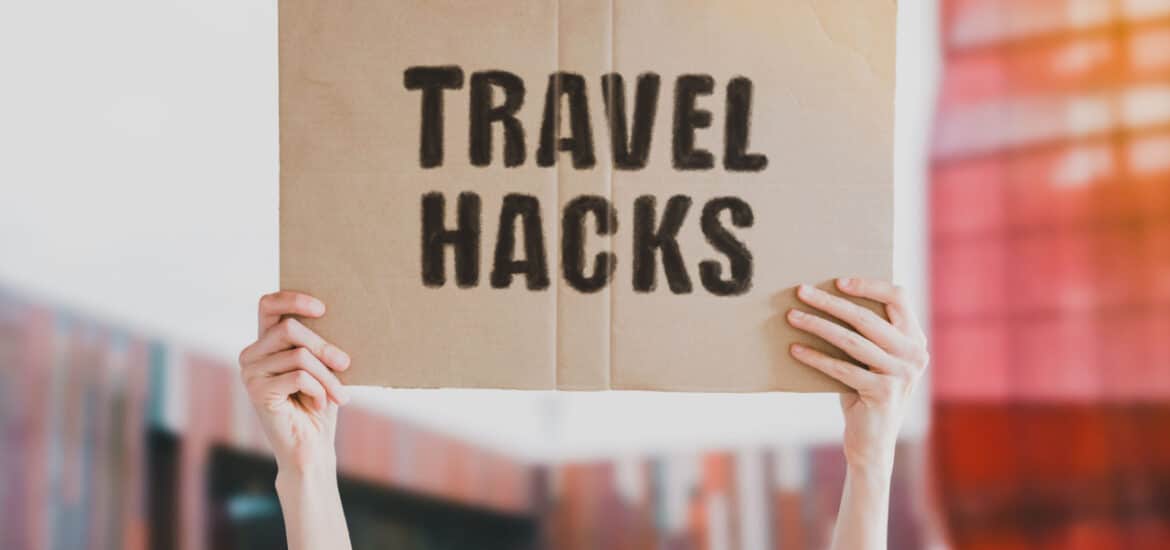Family road trips are one of life’s greatest adventures – a chance to explore new destinations, make memories, and enjoy the freedom of the open road. But without careful planning, costs can quickly spiral. Just remember that a memorable road trip doesn’t have to break the bank. With some smart strategies and a bit of preparation, you can hit the road without straining your wallet.
1. Set a Budget

Before setting out on your road trip, set a realistic budget. Take into account all possible expenses, including fuel, food, accommodations, attractions, and any unforeseen emergencies. A well-planned budget helps you make informed decisions and avoid overspending. Be sure to factor in a little extra for unexpected costs to ensure a stress-free journey.
2. Plan Your Route in Advance
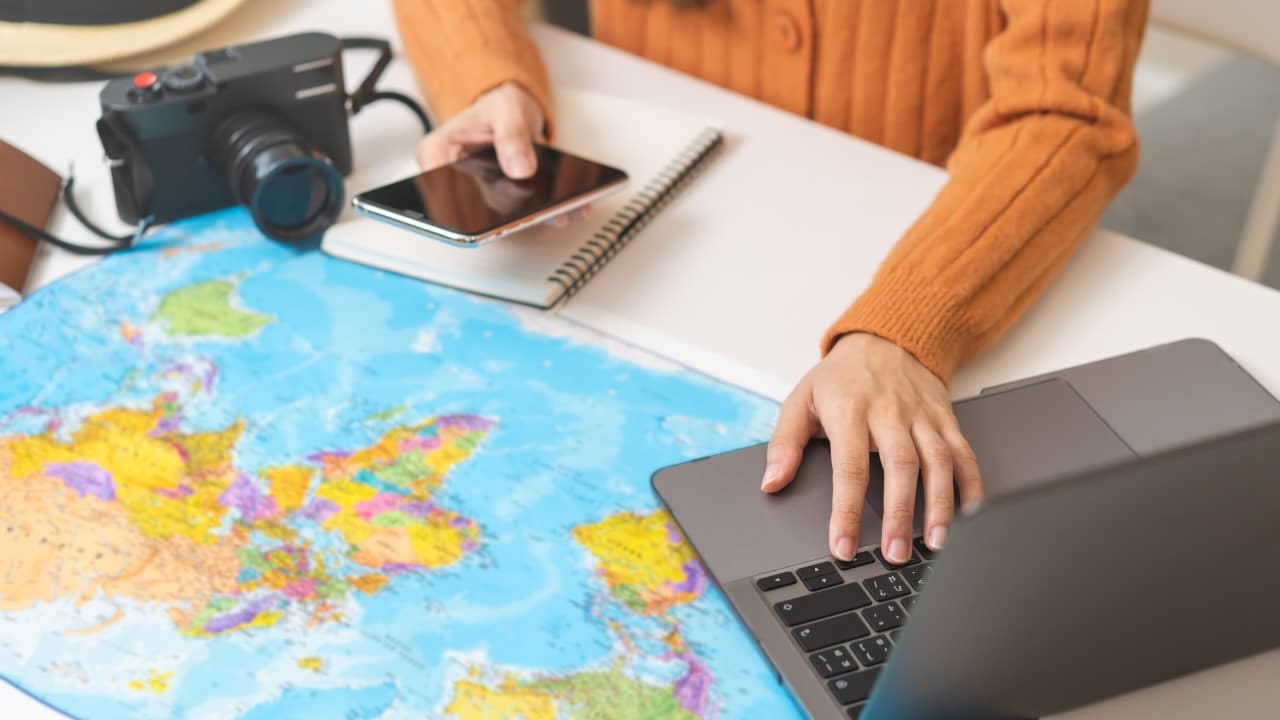
Planning your route is a key step in road trip prep. You can identify the most efficient routes by mapping out your journey in advance, saving time and fuel. Utilize travel apps or websites to find the shortest or most scenic paths and avoid construction or heavy traffic areas. An optimized route also allows you to plan stops at interesting places along the way.
3. Travel During Off-Peak Times
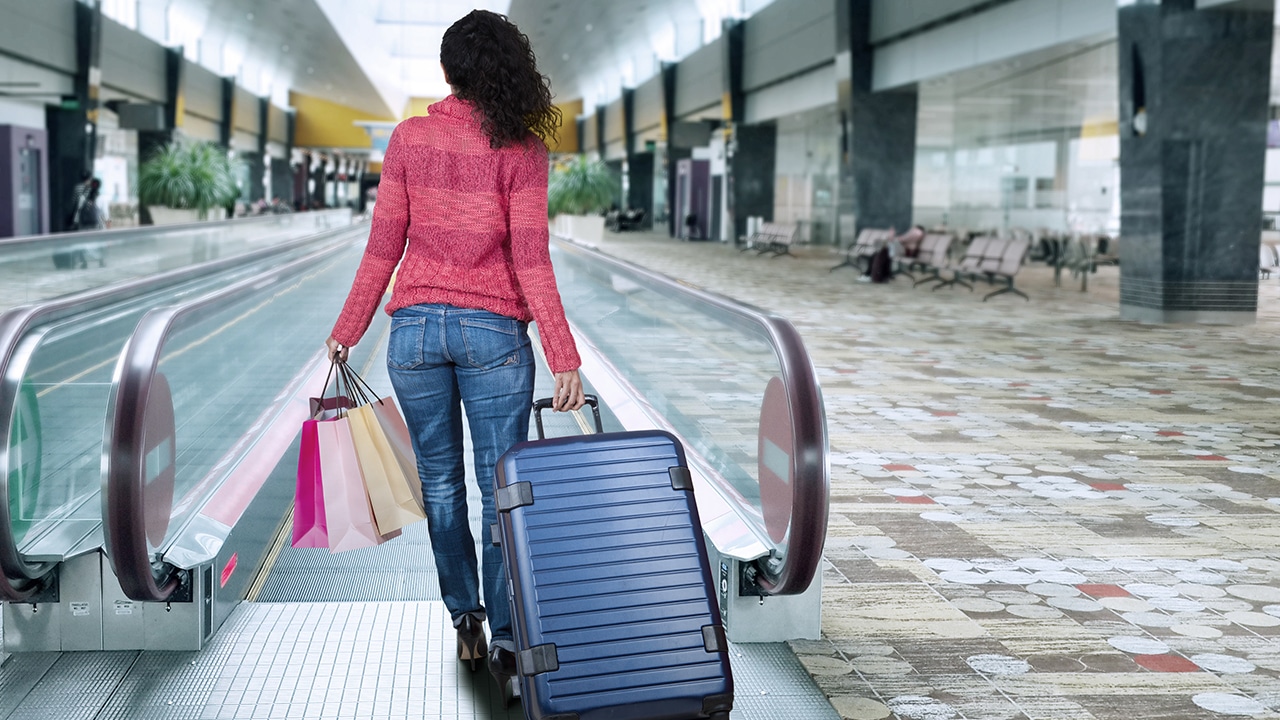
Traveling during off-peak times like shoulder seasons or weekdays can lead to significant cost savings. Accommodations often offer lower rates outside of tourist seasons or on weekdays. Additionally, attractions may be less crowded, enhancing your experience. Traveling off-peak also typically means less traffic, making your drive smoother and potentially quicker.
4. Use Fuel-Efficient Driving Techniques

Implementing fuel-efficient driving habits can lead to noticeable savings on your road trip. Maintaining steady speeds, using cruise control on highways, and avoiding sudden accelerations and hard braking reduces fuel consumption. This saves money and minimizes your environmental impact. Keeping your vehicle well-maintained and ensuring tires are properly inflated also improves fuel efficiency.
5. Pack Smart

Packing smartly can prevent costly purchases during your road trip. Bring along essential items such as snacks, drinks, a first-aid kit, and various entertainment options. This preparation helps avoid frequent stops for overpriced items and reduces the temptation for impulse buys. Packing a cooler with refreshments and snacks is especially helpful for long stretches of driving.
6. Stay in Budget Accommodations or Camp

Explore budget-friendly options like motels, hostels, or camping to save on lodging. Camping cuts costs and adds an element of adventure and closeness to nature to your road trip. If camping isn’t your style, look for affordable motels or hostels, and always book in advance to secure the best rates and availability.
7. Eat Like a Local

One of the joys of road-tripping is discovering local food. Avoid expensive tourist-oriented restaurants and seek out where the locals eat. It’ll give you a more authentic and less expensive dining experience. If your accommodations include kitchen facilities, consider preparing your own meals. Picnicking is another cost-effective and enjoyable way to eat while exploring new areas.
8. Use Gas Price Apps

Fuel costs can add up quickly on a road trip. Use apps like GasBuddy to find the cheapest gas prices along your route to save money. These apps provide real-time fuel price data, helping you plan your refueling stops more economically. Being strategic about where and when you fill up your tank can result in significant savings over the course of your journey.
9. Take Advantage of Free Attractions
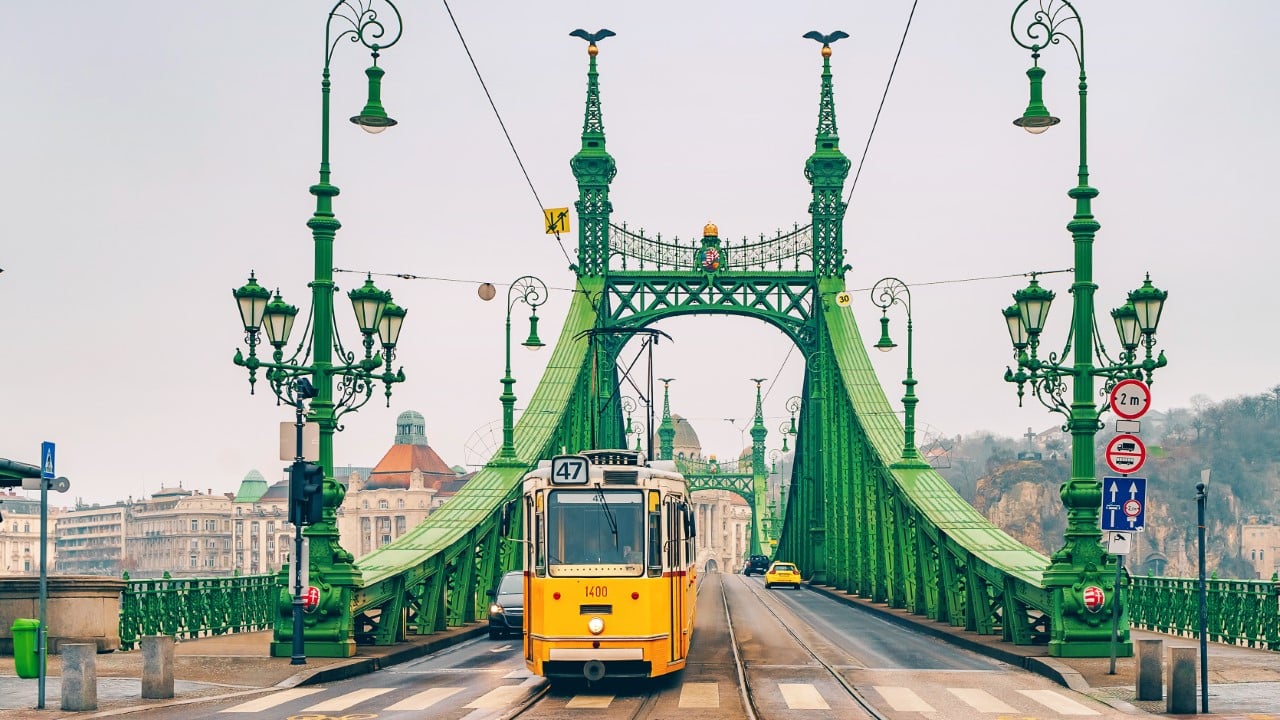
Exploring free attractions is a fantastic way to enjoy your destinations while keeping costs down. Many cities and towns offer a variety of no-cost options like museums, parks, galleries, and historical sites. I’m always amazed at how many local attractions and historic sites are free or low-cost and how much fun and fab experiences you can have with your family without spending much at all. Research your destination to find these free and low-cost activities beforehand, and plan your itinerary to include these free attractions.
10. Avoid Toll Roads
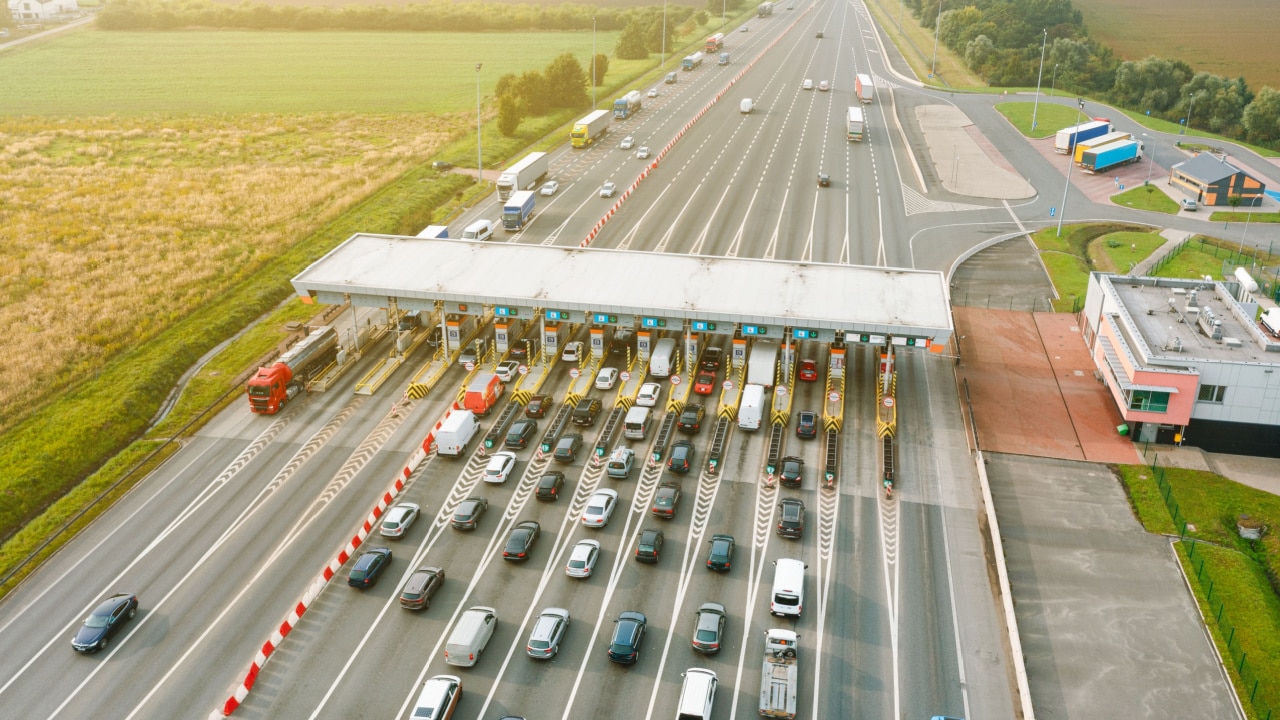
While toll roads can save time, the costs can accumulate, especially over longer trips. To minimize expenses, plan your route using free alternatives. Utilize GPS and route planning apps that have options to avoid toll roads. This might add a bit more travel time, but the savings make it worth the detour, particularly on extended road trips. Be prepared for potentially more scenic drives through less-traveled paths.
11. Share the Journey

Road tripping with friends or family makes the journey more enjoyable and more economical. Sharing expenses like fuel, accommodation, and food significantly reduces the cost per person. It also offers an opportunity for memorable experiences with your travel companions. Plan the budget together and discuss splitting costs upfront to avoid any misunderstandings later.
12. Limit Souvenir Spending

Souvenirs are a popular way to remember your trip, but they quickly eat into your budget. Set a specific budget for souvenirs and stick to it. Consider affordable alternatives like postcards, local crafts, or photographs. Sometimes, the best souvenirs are the memories and experiences themselves, captured in photos or journals.
13. Bring Reusable Water Bottles

Purchasing bottled water repeatedly is really expensive and not eco-friendly. Bring reusable water bottles for each person and refill them at rest stops, visitor centers, or food establishments. It’s better for the environment and your wallet. My family all have their own custom reusable stainless steel bottles that work for hot or cold drinks.
14. Use Reward Programs and Discounts
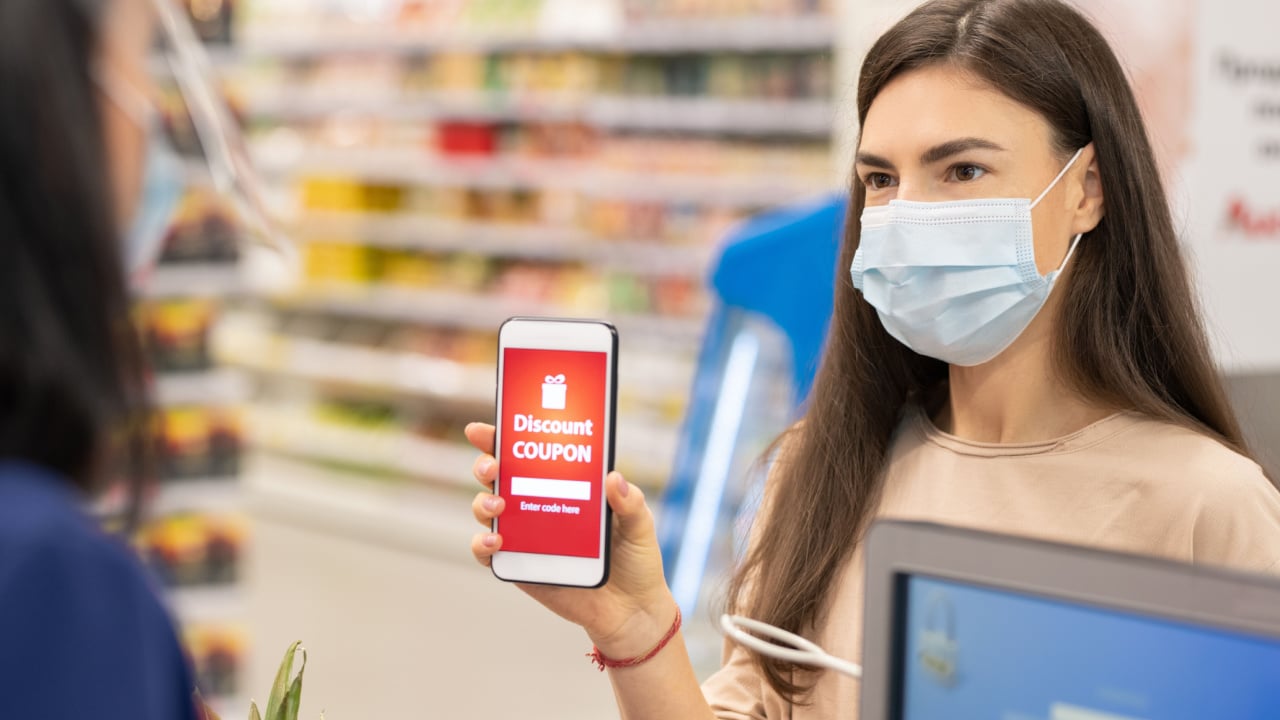
Make use of any memberships or rewards programs you have for discounts on various travel expenses. Programs like AAA, hotel loyalty memberships, or credit card rewards can net you big savings on accommodation, attractions, dining, and even fuel. Always ask about available discounts when making bookings or purchases, as these savings can reduce your overall trip cost.
15. Keep Your Vehicle Well-Maintained

Before you set out on your epic family road trip, make sure your vehicle is in tip-top condition. Check tire pressure, fluid levels, brakes, and other essentials. A well-maintained vehicle is not only safer but also more fuel-efficient, reducing the likelihood of breakdowns and costly repairs on the road.
16. Pack a Roadside Emergency Kit
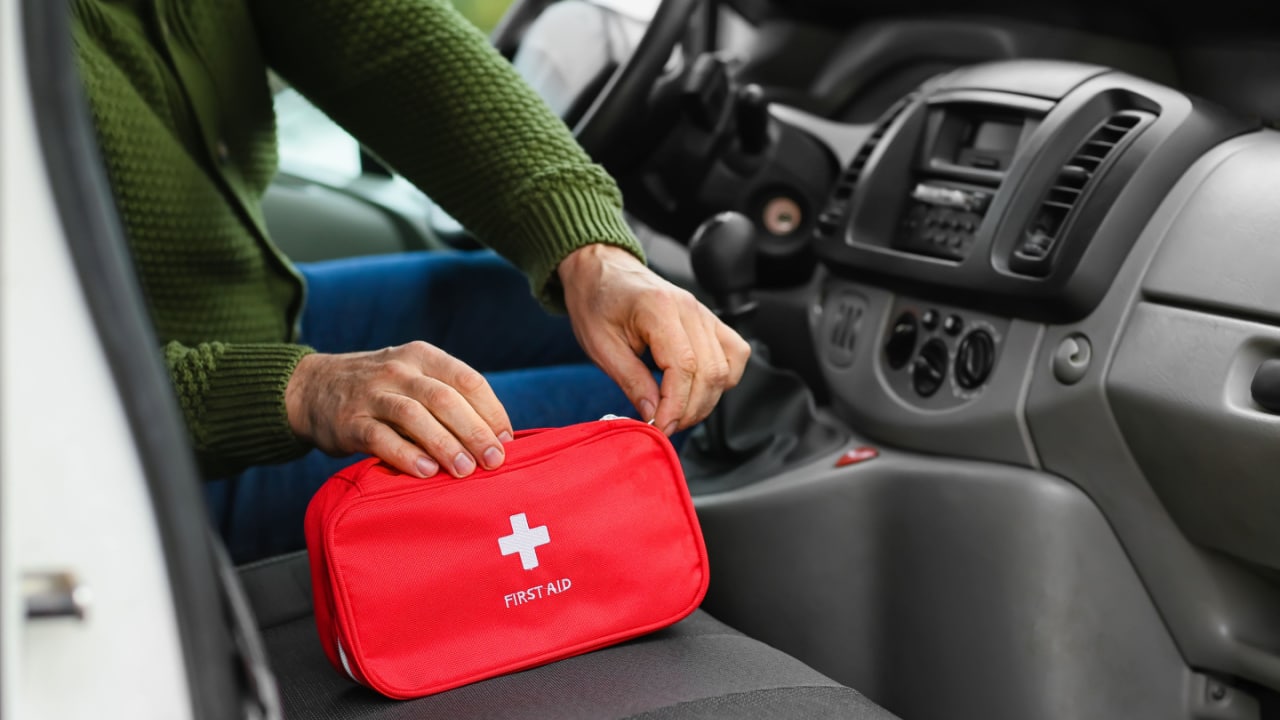
Having a roadside emergency kit in your vehicle is a smart move for handling unexpected situations. Your kit should include items like a spare tire, jumper cables, basic repair tools, a flashlight, and a first-aid kit. Being prepared can prevent minor issues from turning into major expenses and give you peace of mind while on the road.
17. Use Public Transportation
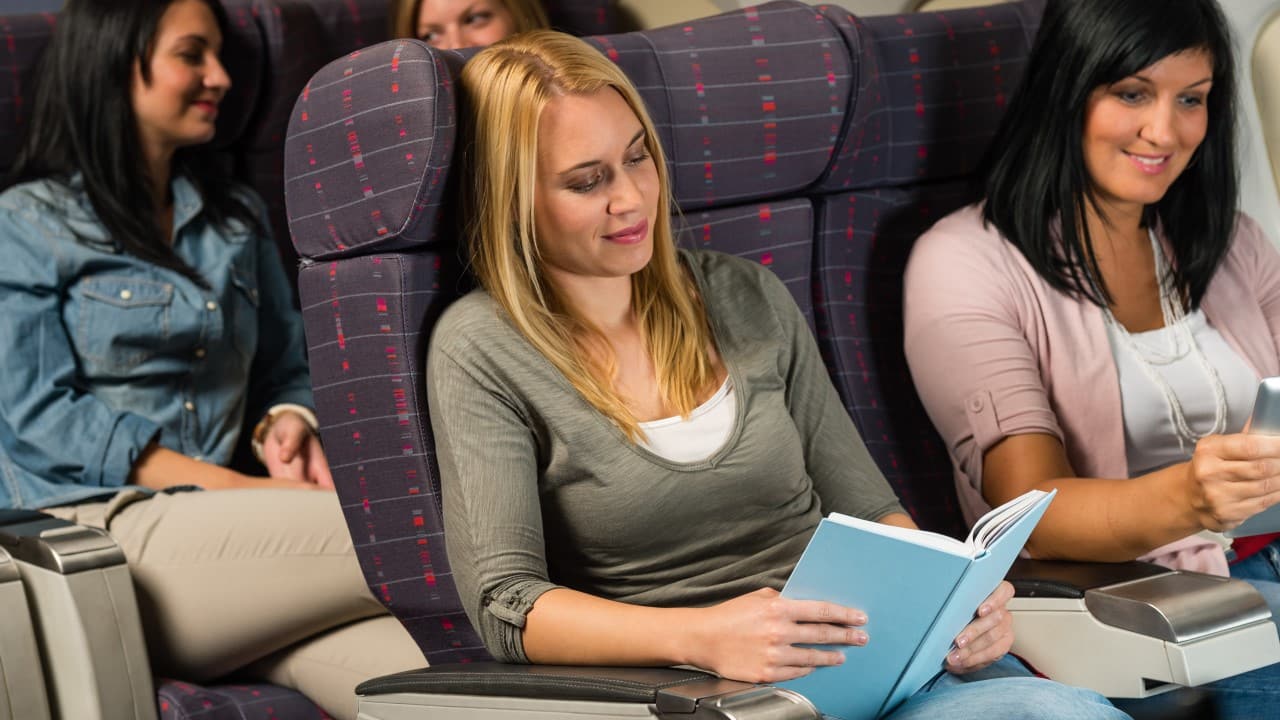
In urban areas, consider using public transport instead of driving. Navigating city traffic is stressful and finding parking is challenging and costly. Public transit options like buses, trains, or subways are more affordable and save you the hassle of city driving.
18. Avoid Rush Hour
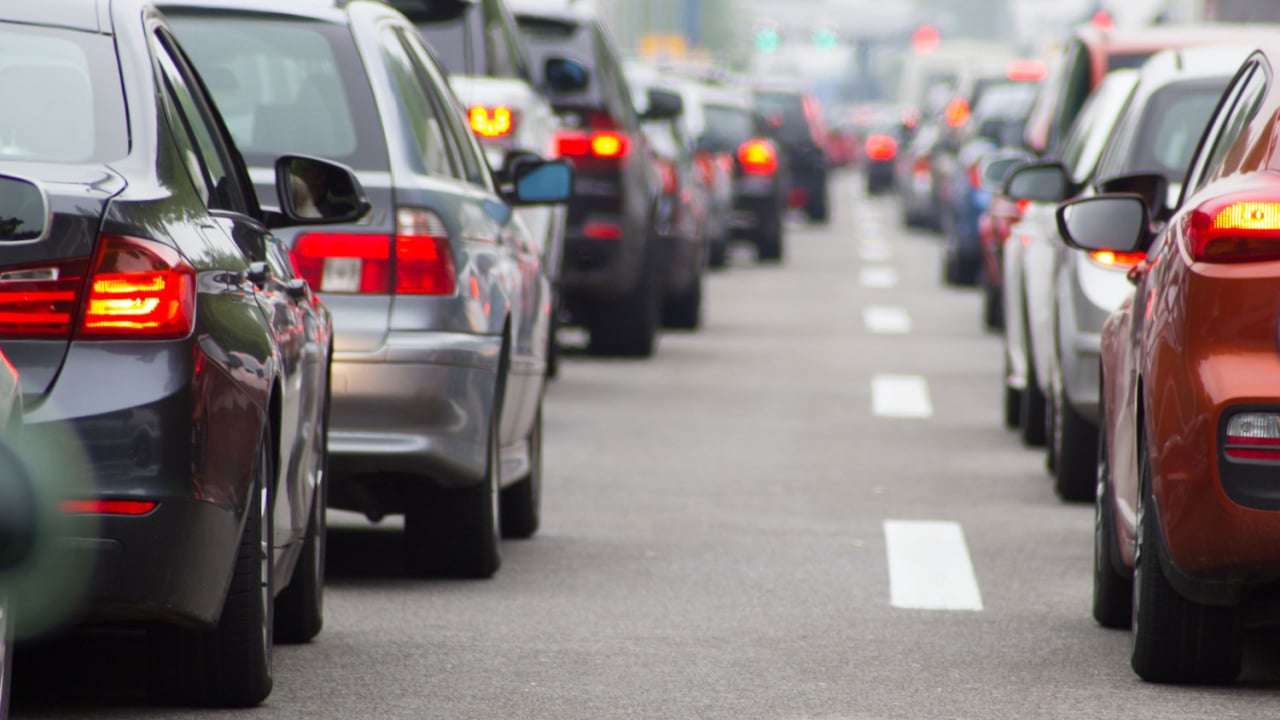
Avoid traveling during rush hour if you don’t want unnecessary stress, to waste time in traffic, and lose money in increased fuel consumption. Plan your itinerary to avoid driving through major cities during peak traffic times. If you find yourself nearing a large city, consider stopping for a meal or an activity until traffic dies down.
19. Choose Scenic Routes

Taking scenic routes can make your trip more enjoyable. Sure, these paths might be less direct, but you’ll get to enjoy a more picturesque and memorable driving experience compared to highways. Scenic drives often lead through quaint towns, beautiful landscapes, and interesting attractions, turning the journey itself into a memorable part of your trip.
20. Monitor Your Spending

Keeping a close eye on your spending is crucial to stay within your budget. Regularly track your expenses to ensure you’re not overspending on food, accommodations, or attractions. This habit allows you to make adjustments on the go and avoid any financial surprises. It also helps in planning future road trips more effectively.
21. Be Flexible

One of the joys of a road trip is the flexibility it offers. Be open to exploring unplanned routes or stopping at unexpected attractions. Some of our most memorable experiences came from spontaneous decisions we made on the route. Staying flexible can also lead to cost savings, as you might discover more affordable options or hidden gems along the way.
22. Use a Cash Back Credit Card

If you have a cash-back or rewards credit card, use it for your road trip expenses. I love this strategy, as it helps me recoup a little of the cost in the form of cashback, or build reward points that I can funnel to my savings or put toward our next family adventure. Just be sure to pay off the balance to avoid interest charges, which can negate the benefits of rewards.
23. Research Local Deals and Coupons

Before arriving at your destination, do some research for local deals or coupons. Check out websites, local tourist information centers, or newspapers for discounts on dining, attractions, and accommodations. Taking advantage of these offers can significantly reduce your overall spending and allow you to enjoy more activities on your trip.
24. Enjoy the Journey

Lastly, remember to enjoy the journey itself. Road trips are as much about the travel as they are about the destination. Take in the landscapes, explore roadside attractions, and cherish the quality time with your travel companions. Many of the most memorable moments on a road trip are the unexpected experiences and sights along the way, which often come at no extra cost. We play silly travel games, tell tall tales, and generally try to amuse each other.
